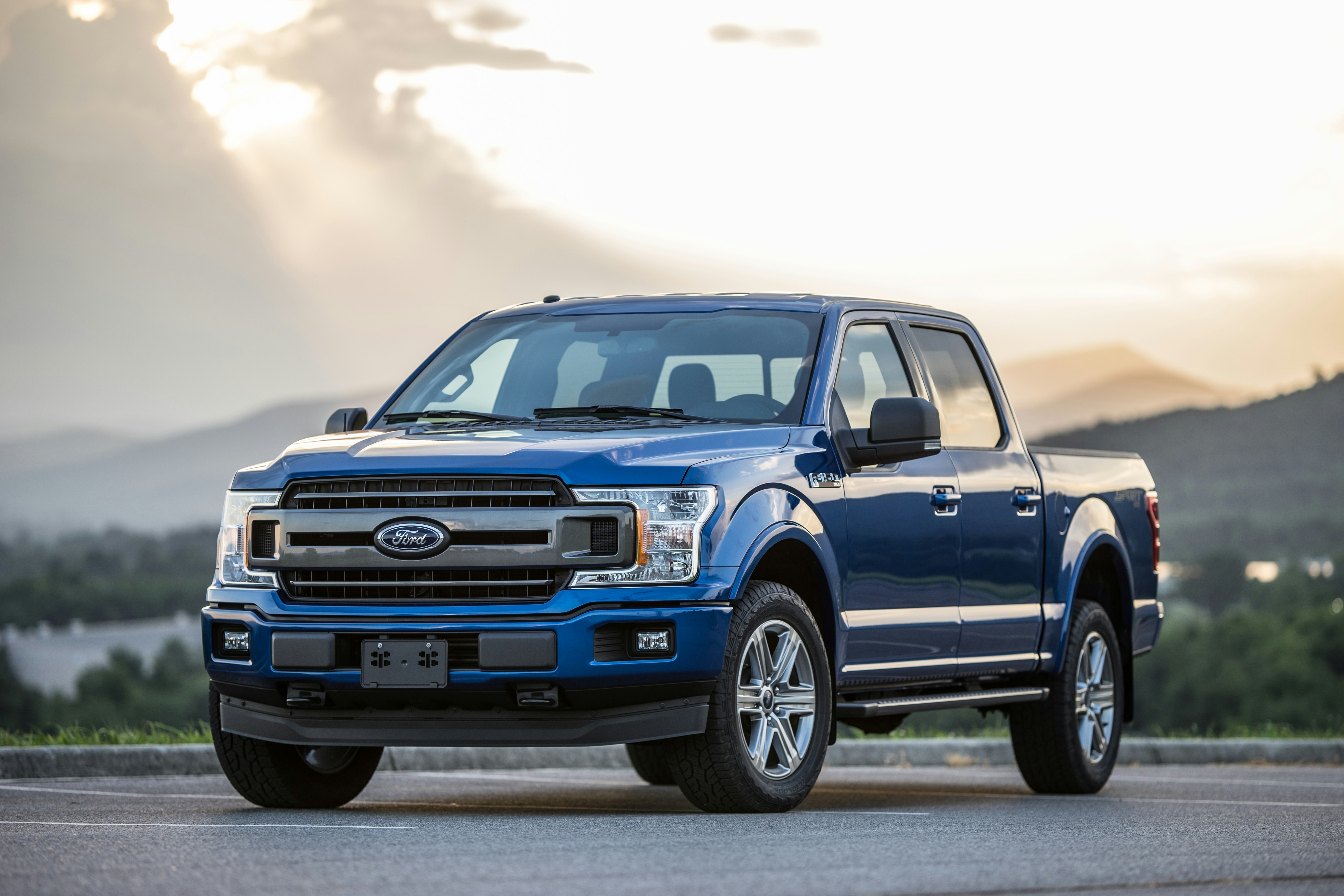Update – Government U-Turn
On 19th February 2024, 1 week after the classification criteria was updated, HMRC announced a full U-turn on the treatment of double cab pickups. It has been decided that they will now continue to use the payload system to classify vehicles, as explained in our “How Were Double Cab Pickups Treated Previously?” section. This has occurred due to push back from the motor industry over the significant increase in tax the change would have caused for most double cab pickup owners.
Changes to the tax treatment of double cab pickups have recently been announced by the government. This will change how benefit-in-kind tax is calculated for these vehicles if owned by your company. These changes will be introduced to remove a loophole which allowed them to be accounted for as vans rather than company cars. The tax paid on vans is usually lower than the tax paid on cars.
How Will Double Cab Pickups be Accounted for?
For vehicles ordered on or after 1st July 2024, new criteria will dictate that almost all double cab pickups will be classed as cars. This is due to the new legislation used to determine how a vehicle should be classified.
If a vehicle’s primary suitability is construction, it will be classed as a van. This means that the vehicle must only be used for transporting goods. As double cab pickups can transport both goods and passengers, they cannot be classed as vans and must be treated as cars.
Vehicles that are already on fleet or have been ordered prior to 1st July will be treated as they were until 5th April 2028.
How Were Double Cab Pickups Treated Previously?
The old criteria that were used to decide whether a vehicle was a car or van was dependent on payload. A vehicles payload is usually given in the manufacturer’s manual and is equal to the gross weight minus the unoccupied kerb weight.
Vehicles with a payload under 1 tonne would be classed as cars, whilst those which are 1 tonne or over would be classed as vans.
Double cab pickups are much heavier than standard cars; they would almost always meet the old van criteria.
Will All Double Cab Pickups be Classed as Cars?
Not necessarily. Within the legislation, the government have included exceptions which could allow double cab pickups to be classed as vans. This is dependent on whether modifications have been made to the vehicle.
The modifications must be “sufficiently permanent & substantial in scale”. Examples provided include replacement of the rear side windows (either with metal panels or fibreglass) or welding a new load base.
Defining whether a modification can fit the criteria can be difficult. For example, removal of the rear seats of a double cab pickup would only be classed as substantial if all the related fittings are also removed. The easiest way to check that the modification is substantial is if it could be easily reversed. If so, the changes cannot be used to justify the van classification.
How does the Benefit in Kind Differ?
A benefit in kind (BIK) is defined as goods and services received by employees or directors from a company which are not included in their salary, for example a company vehicle. The method of taxing these BIKs is dependent on the type of vehicle they are classed as.
Vans use a flat rate to calculate the tax owed. On the other hand, the tax owed on cars is dependent on the CO2 emissions and list price of the vehicle. Please see our Vehicle Benefit In Kind Breakdown for more information on how it is calculated.
Example
The tax owed by a basic rate (20%) taxpayer on a petrol-powered double cab pickup with a list price of £20,000 and CO2 emissions of 170 g/km would be calculated as follows if it was classed as a car:
BIK% = 37%
BIK Tax = 20000*37%*20% = £1,480
Fuel Benefit Tax = 27800*37%*20% = £2057.20
Total tax owed = £3,537.20.
The calculation for the same vehicle if classed as a van is as follows:
BIK Tax = 3960*20% = £792
Fuel Benefit Tax = £757*20% = £151.40
Total tax owed = £943.40
You would have to pay £2,593.80 more if the vehicle was classed as a car. As double cab pickups tend to have both high list prices and high emissions, the tax owed will almost always be higher when classed as a car.
If you are unsure about how these changes could affect you, or you have any other queries about tax, please contact us

No Comments